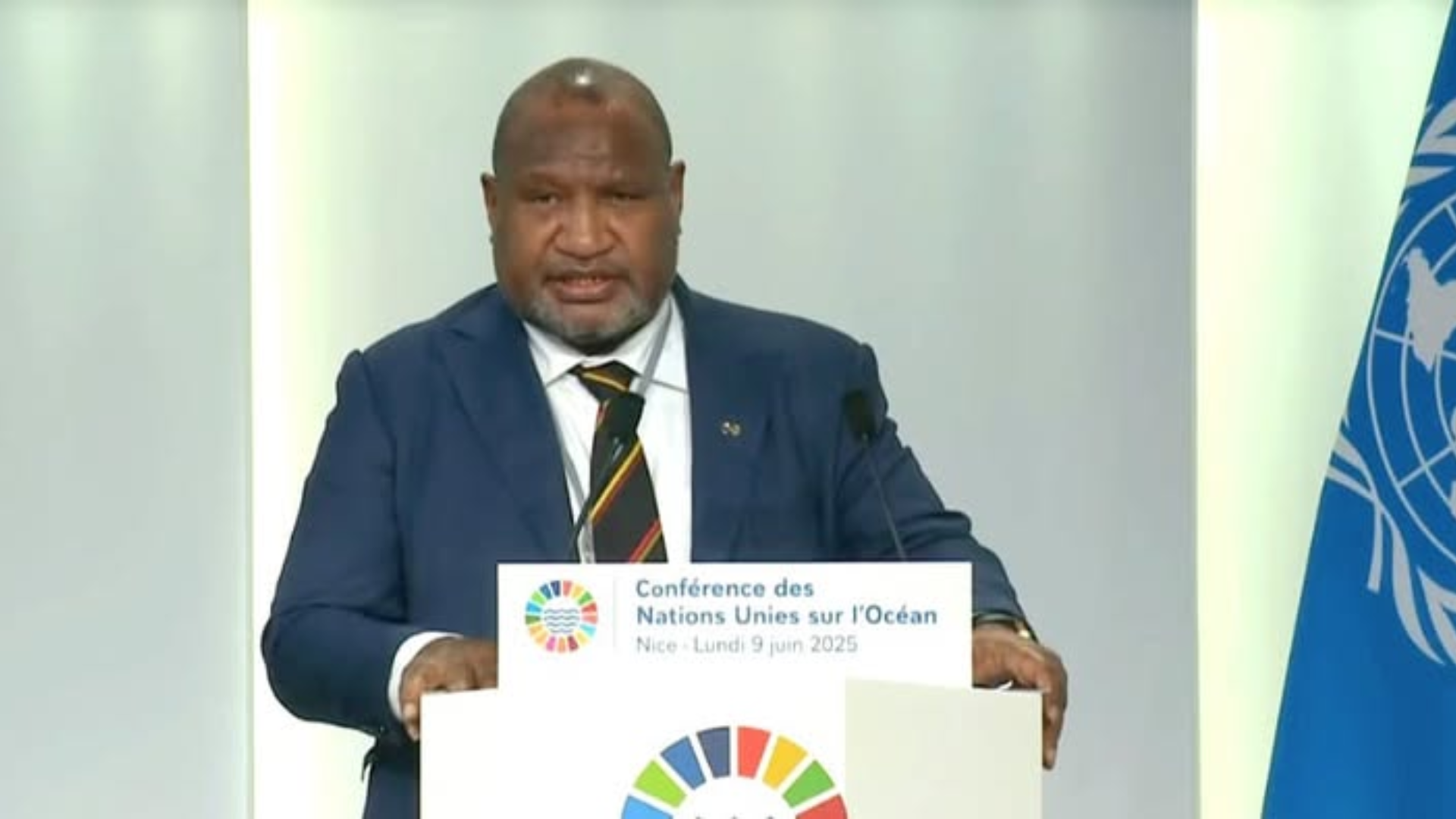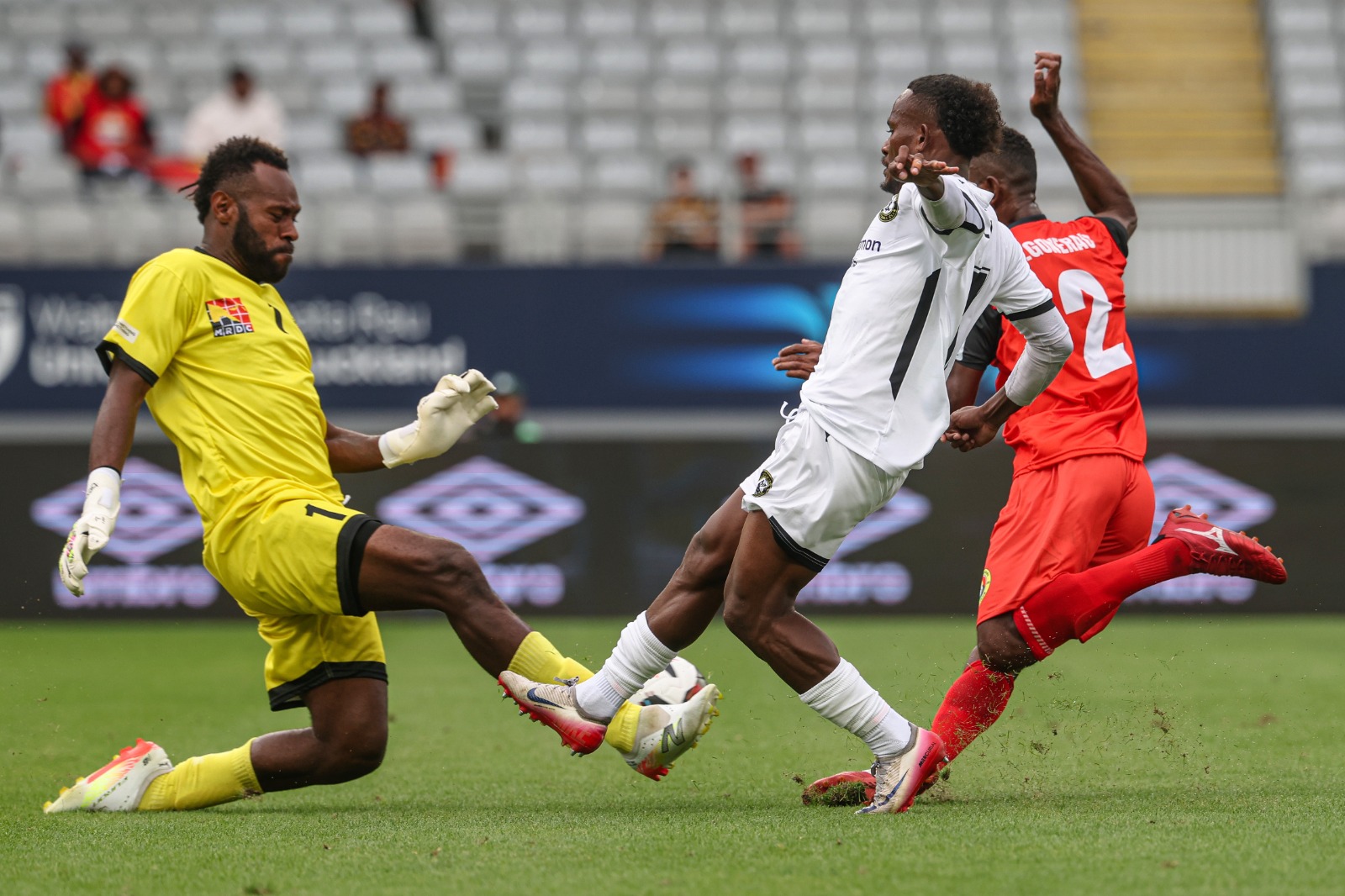NEWS
PNG CHAMPIONS GLOBAL OCEAN LEADERSHIP
![]() By Maxine KAMUS |
June 10, 2025
By Maxine KAMUS |
June 10, 2025

Related News
LATEST NEWS



